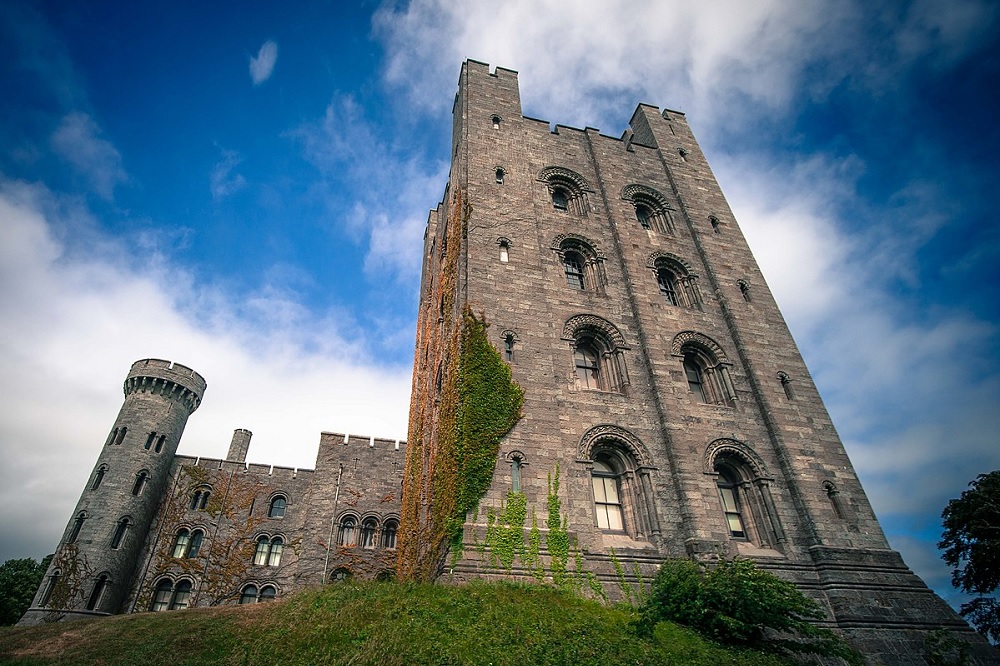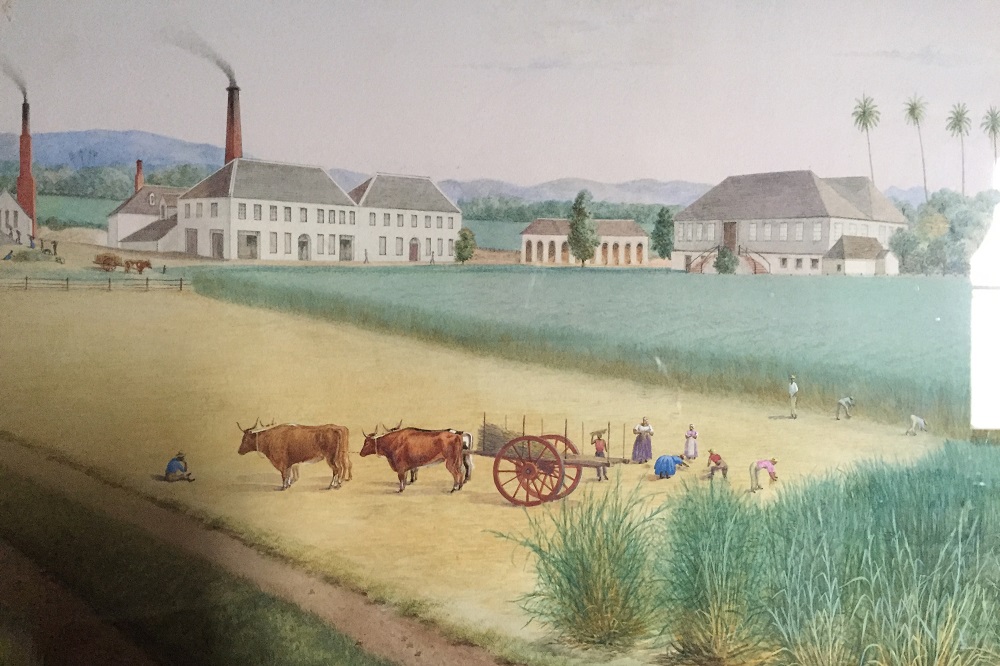How can we use education to make Black Lives Matter more than a hashtag in Wales?

Hanna Huws
As the Black Lives Matter tide of protests ebbs for now, we pause to survey the vast challenges of inequality ahead. There are barriers in government, media, finance, justice, employment, health, and crucially in education.
In one tsunami wave, Black Lives Matter has forcefully dredged and dumped the collective evidence of racism on our golden shores. We can no longer ignore this black tideline, enmeshed with the legacy of slavery.
First was the outrage. To date, BLM protests have been held in at least 15 Welsh towns and cities. Then on the 13th of June, Wales held its first national BLM online protest, organised by Race Council Cymru, Wales TUC, and BAWSO. At the latter, 32, mostly BAME contributors, spoke of injustice, hurt, lack of voice and opportunity, and the recurring theme of education.
Yet, the equally outraged Welsh Government minister present, Jane Hutt AM, failed to mention her government’s power to mobilise education as part of the solution.
Delay is not an option. BLM has shed a light on how poorly black history, slavery, colonialism and racism awareness is taught in the UK. Even the ever-prevalent topic of WW2 has been unsuccessful in teaching about the dangers of creeping fascism; as we see extraordinary scenes of far-right fascist sympathisers vowing to protect memorials to those who died fighting against their cause.
So, will Wales be bold and break free of this failed history narrative? Will Wales dare to be prescriptive? If not, from where will Wales gain its moral compass?
Sporadic
The new curriculum, exciting in its aim to provide a vision for Wales, has little to say about what history our children should be taught. To have that unifying vision, we need a shared understanding of the past through a common set of topics. This point is consistently made by historian, Dr Elin Jones, who explains: “certain key periods in Welsh history are central to the formation of an individual identity in Wales”.
Likewise, in 2019 prior to BLM, Uzo Iwobi, from Race Council Cymru, told the Education Committee that black history in Wales must not be optional. She emphasied that leaving topic decisions to teachers and schools was “not good enough”.
There is a nervousness around imposing black history learning and racism awareness on all schools. Yet there are plenty of good teaching examples in Wales.
Initially, it was Betty Campbell, in Mount Stuart School, Cardiff, who pioneered black history teaching within a unifying Welsh curriculum. More recently, the spotlight has been on the role of education in tackling racism in rural, less diverse communities. This follows the incident of a swastika painted on the property of a black family in Gwynedd.
Yet, ironically, Gwynedd also hosted a hub of best practice in slavery and racism education. A sustaining network between Bangor University, the World Education Centre, Cynnal and local Bethesda and Bangor schools produced pioneering learning models. For example, Ysgol Llanllechid’s slavery, Jamaica and racism learning was endorsed by DFID and the British Council, gained UK-wide awards, and resulted in visits from the Education Minister, Benjamin Zephaniah, and the then Commissioner for Race Equality Wales.
But of the good practice that exists, it remains sporadic, rather than being an enforced topic in all schools.
Arguably, too much has been enforced on schools in the last decade, foremost is the culture of testing, evaluation by data, and zeal to monitor ‘standards’. How these standards apply to citizenship and public life is a matter for debate. This is a debate we should urgently be having now, during the lull of Covid, to the backdrop of BLM, and before a new curriculum is set in stone.

Slavery
Which brings us to public education around symbols of oppression set in stone. Bristol may have its slavers statues, but Wales has a whole castle that cannot so easily be toppled into the sea – Penrhyn castle.
This building exists because of slavery. Not only did the Pennants profit from the labour of slaves, they also traded in slaves and actively campaigned against the abolition of slavery.
So how well is education in Wales served by the custodians of our physical heritage? Taking Penrhyn Castle as an example, local descendants of the quarry workers, have long responded: not well enough. The portrait of George Sholto Douglas-Pennant, who caused their forefathers misery during the quarry strike, is left without interpretation high above in the dining room.
However, at eye-level in the entrance porch, stands a pre-strike wedding testimonial from the quarry workers, to George Sholto, praising the Penrhyn family for continued generosity. Ouch!
Tone-deaf to local grudges, slavery and its interpretation is yet further back in the visitor experience. Despite years of fine research and occasional exhibitions, this story is still not a permanent fixture at the castle.
The business model is more aligned to providing escapism in luxury for the few, than educational value for the many. A casual visitor has a lovely day at a grand house.
Why are we not challenged with artefacts of slavery at the entrance? Why is the anti-abolition speech not displayed? Where is the Jamaican and BAME representation and interpretation? Even the pastoral scenes of Jamaican plantations are tucked away in a dark corner at the top of a staircase, again without interpretation.
Yet these pictures are of immeasurable educational value. If they were set beside pictures of a slave ship, slave sale, and slave punishment, they would clearly provide the evidence of how the powerful control the narrative. Of how deliberate visual deception hid the horror of slavery. We would learn lessons from the past, still applicable to hidden slavery today.
So, will we continue to allow this form of gaslighting by the wealthy from beyond the grave? Or will custodians provide the living with an opportunity to understand who they are? Will they provide the context to why life is still a struggle for some today? And crucially will they give BAME individuals, impacted by the legacy of slavery, the opportunity to shape the narrative?
There’s no turning back the tide of Black Lives Matter and the uncomfortable and problematic questions raised of public education in Wales. What we await to see is the urgency of the response, beyond a hashtag.
Support our Nation today
For the price of a cup of coffee a month you can help us create an independent, not-for-profit, national news service for the people of Wales, by the people of Wales.






